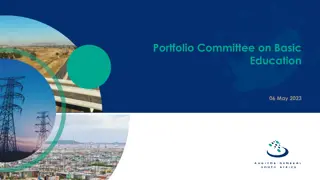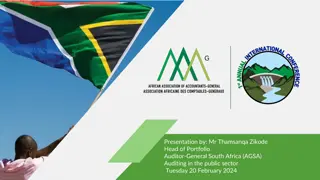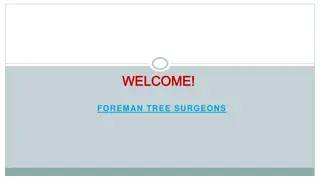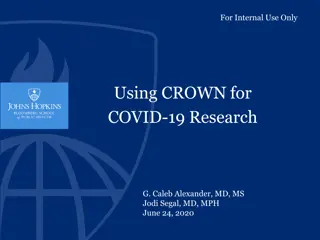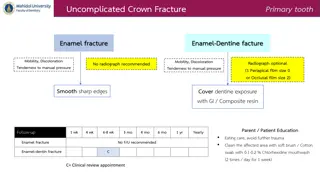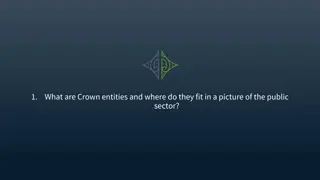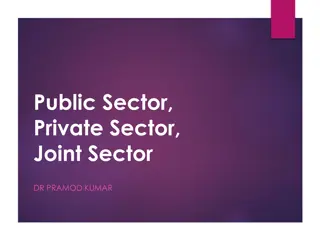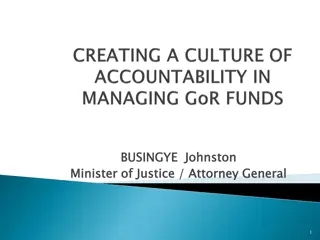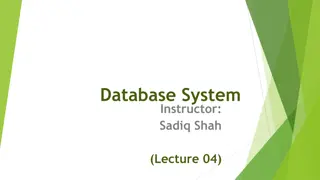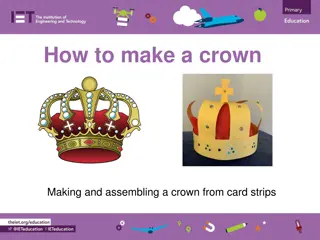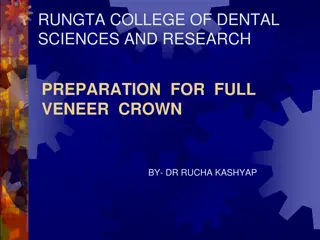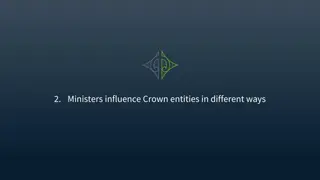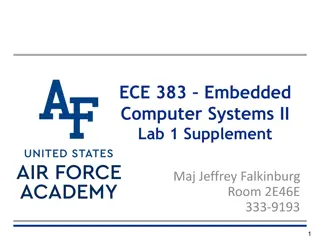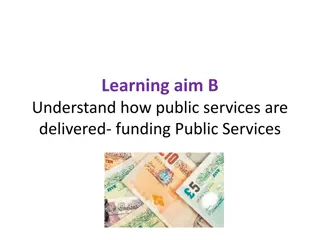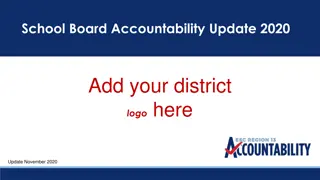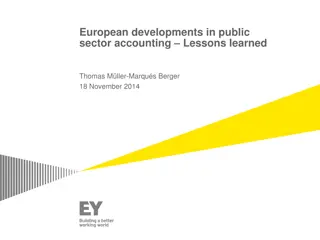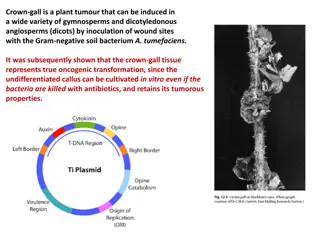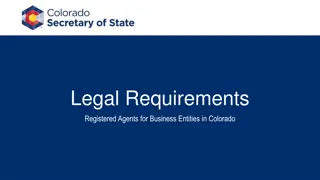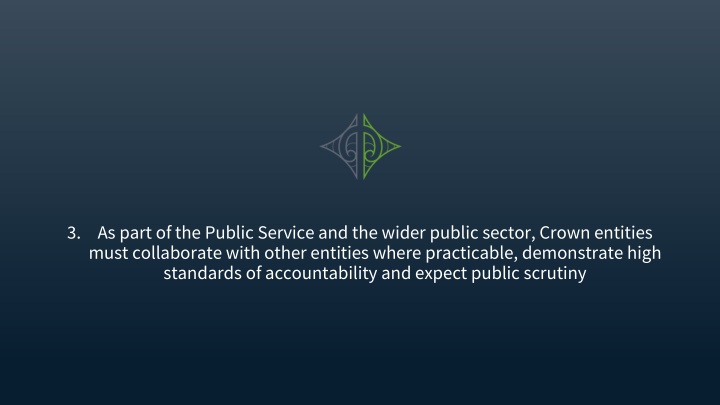
Accountability and Collaboration in the Public Sector
Enhance collaboration and accountability within Crown entities in the public sector, fostering transparency and scrutiny by working together with agencies, Select Committees, and Ministers to uphold high standards of governance and service delivery.
Download Presentation

Please find below an Image/Link to download the presentation.
The content on the website is provided AS IS for your information and personal use only. It may not be sold, licensed, or shared on other websites without obtaining consent from the author. If you encounter any issues during the download, it is possible that the publisher has removed the file from their server.
You are allowed to download the files provided on this website for personal or commercial use, subject to the condition that they are used lawfully. All files are the property of their respective owners.
The content on the website is provided AS IS for your information and personal use only. It may not be sold, licensed, or shared on other websites without obtaining consent from the author.
E N D
Presentation Transcript
3. As part of the Public Service and the wider public sector, Crown entities must collaborate with other entities where practicable, demonstrate high standards of accountability and expect public scrutiny
Delivering outcomes and a unified public service Expectation of working together with other agencies, as part of the whole public service. The Public Service Act requires the Commissioner as Head of Service to put in place a leadership strategy for the Public Service. Initiatives include: System leadership roles including the role of the Public Service Commissioner as Head of Service , and functional leadership roles for Property, Procurement, and ICT. Leadership Development Centre (LDC) - the primary delivery vehicle for system-wide leadership development. Focus on Results driving collaboration for service improvement. Stewardship building excellent public institutions.
Accountability to Parliament Despite their arm s length relationship, Crown entities operate within a political setting. Ministers responsible for Crown entities are answerable to Parliament. A Crown entity can support its Minister by, for example: appropriate and transparent reporting (often by supplying information via the monitoring department) open and constructive engagement with Select Committees following a no surprises approach.
scrutiny by Select Committees Crown entities may appear before Select Committees: as witnesses (e.g. in relation to Estimates, financial review or enquiries) as advisors (e.g. on a bill). See guidelines at Officials and Select Committees -Guidelines | Te Kawa Mataaho Public Service Commission Information and answers must be full and honest . Parliamentary privilege applies. There must be no pressure on officials, or action taken against them, for giving evidence.
. Select Committees - continued Entities should be represented at an appropriate level: usually the chair in respect of Crown entities. Entities should take a "no surprises" approach with their Minister e.g. giving advance notification of a submission. Protections are available to officials but, given a Crown entity's accountability to its board and Minister, loss of confidence could result from flouting the conventions. Responsibility for explaining and justifying government policy ultimately rests with Ministers. Board members can appear in a personal capacity.
contributing to answers to Parliamentary Questions, OIA requests, Ministerial correspondence etc Ministers must respond to various forms of request for information concerning Crown entities in their portfolios. Crown entities need to provide information to enable Ministers offices or departments to prepare appropriate and accurate responses. The timelines for responses can be very short. Documents created by Crown entities (even internal e-mails) are subject to disclosure under the Official Information Act. All of this places strong disciplines on departments and entities in relation to record- keeping, productive relationships, responsive processes, etc.
and, through the annual audit process The Office of the Auditor-General gives Parliament, Crown entities and the public independent assurance that Crown entities are: carrying out their activities effectively, efficiently and appropriately using public funds wisely reporting their performance accurately. OAG audits information of almost 3000 Crown entities(*) on what has been spent and achieved, does some more in-depth performance audits and inquiries, and provides advice to Parliament when it financially reviews Crown entities. (*) includes around 2600 School Boards of Trustees

